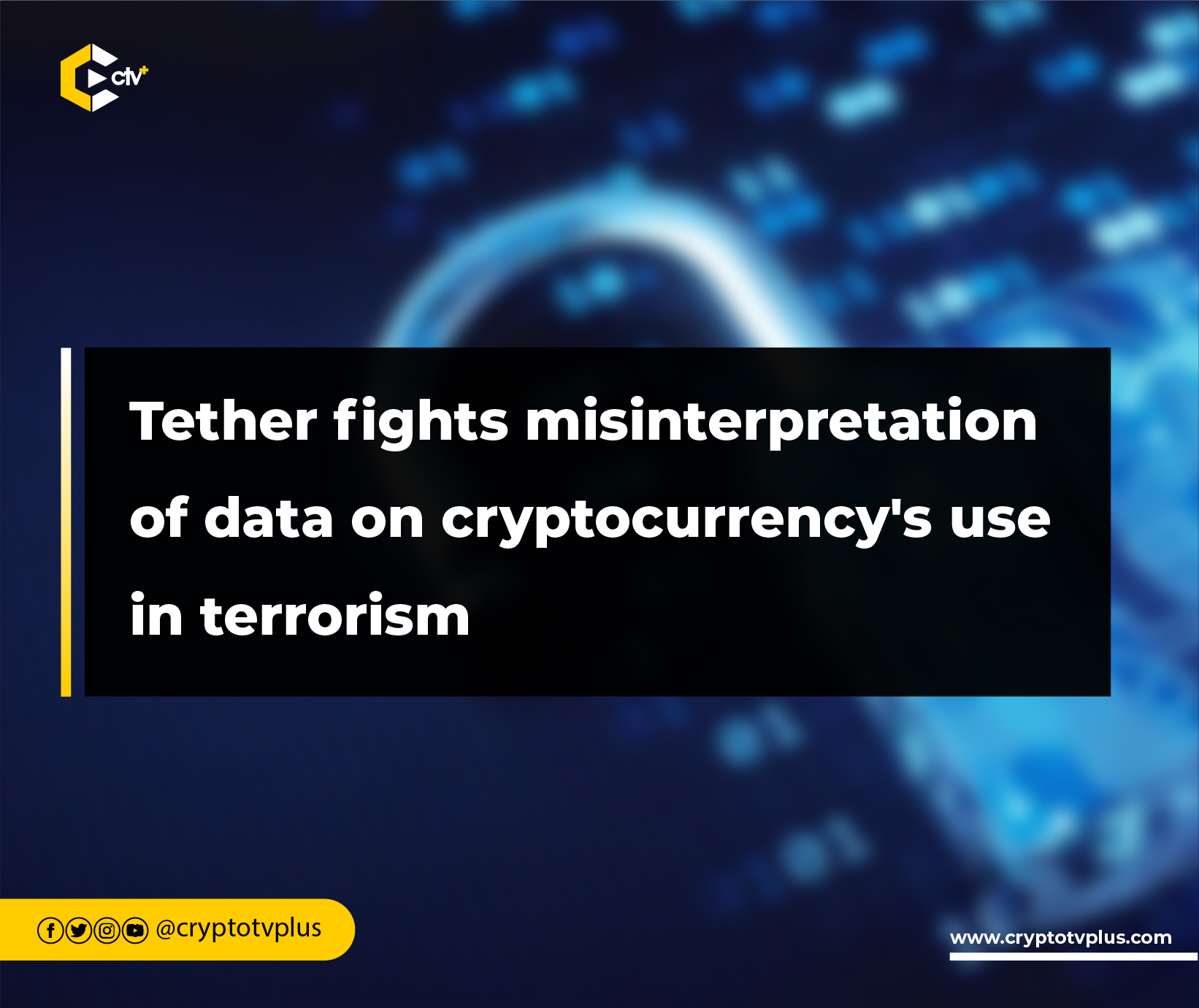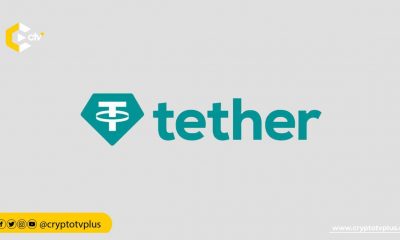News
Tether fights misinterpretation of data on cryptocurrency’s use in terrorism

Following reports that some cryptocurrency exchanges facilitated illicit activities, especially related to the ongoing Israel-Hamas war, the Stablecoin (USDT) issuer has issued a statement, warning against the misinterpretation of the data on the connection between terrorism and crypto funding.
“We want to make it clear that we do not condone any illegal activity, and we are committed to transparency and ethical business practices.”
Earlier this week, a WSJ article noted that the Hamas group received donations through crypto. But blockchain analytics companies, Chainalysis and Elliptic conducted separate inquiries into these allegations and exposed numerous inaccuracies in the WSJ report and several others. Their findings revealed flaws in the data interpretations used in these reports.
As such, they claimed that the article’s conclusions about cryptocurrency donations to Hamas are not supported by the data and that the methods used to attribute the donations were flawed. But WSJ has refused to retract the article given the recent revelations
According to Tether, It’s important to understand that inaccurate information about Tether and the cryptocurrency industry can have negative consequences. It can lead to unnecessary fear and confusion, as well as a distorted image of the industry as a whole.
Since October 7, reports have only identified $21,000 being donated to Gaza Now, the most popular public cryptocurrency fundraising campaign.
In comparison, by October 19, Crypto Aid Israel had received significantly more cryptocurrency donations for humanitarian causes, with a total of over $185,000.
But Tether has noted that it is committed to following all applicable regulations and conducting thorough due diligence, while taking its compliance obligations very seriously. Hence, its statement.
“Our stringent verification processes, continuous monitoring mechanisms, and collaborative approach with global law enforcement agencies affirm our unyielding commitment to deter and counteract illicit activities”.
Tether maintained that it has not violated sanctions laws or the Bank Secrecy Act and that its customer due diligence and screening practices are adequate.
Given its commitment, Tether has a well-documented history of taking steps to protect the integrity of its platform:
- Tether has taken the initiative to collaborate with 31 law enforcement agencies across 19 jurisdictions, to reduce criminal activity.
- Its efforts to combat crime have resulted in freezing over $835 million in assets related to illegal activity.
- Tether’s efforts to combat crime in the Middle East, in collaboration with the NBCTF in Israel, have resulted in the freezing of 32 addresses associated with illegal activities, securing a total of $873,118.34.
Although the amount of money frozen by Tether in its efforts to combat illegal activity is small compared to the cash and traditional financial industries, Tether remains committed to its anti-money laundering efforts.
In addition, the stablecoin issuer argued that despite common misconceptions, the transparency of blockchain may make it less attractive for illegal activity than the traditional financial system. Moreover, while the amount of money frozen by Tether in its efforts to combat illegal activity is small compared to the cash and traditional financial industries, Tether remains committed to its anti-money laundering efforts.
Meanwhile, Tether noted they welcome and encourage scrutiny based on factual, corroborated data, rather than speculation or misinformation.
“Decision-makers, stakeholders, and the general public must correctly discern between conjecture and fact”.
Finally, Tether pledged its commitment, noting that it remains open to constructive dialogue, clarification, and collaboration.
Read also: Report: Q3 blockchain gaming Unique Active Wallet surpasses Q2
























